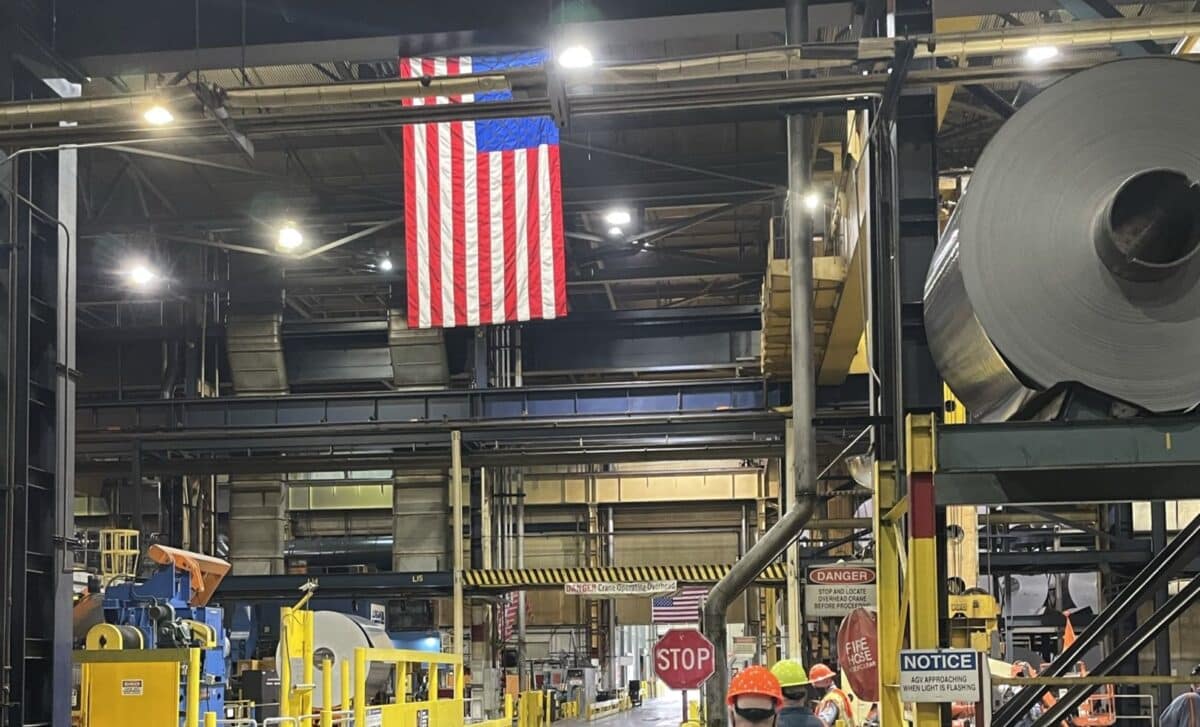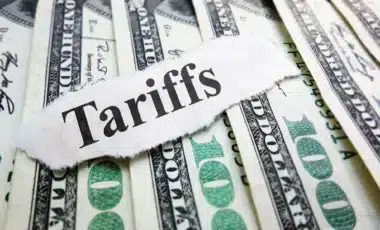The production of aluminum has become a clear illustration of the United States’ industrial retreat as the nation struggles with the loss of its manufacturing base. Domestic smelting, which was once essential to the economic existence of towns throughout the Rust Belt, has struggled against cheaper imports, growing energy prices, and changing global supply chains.
Donald Trump’s proposed global tariffs on aluminum and steel mark a strategic pivot toward economic nationalism. Aimed at rebalancing trade and reviving core industries, the move is seen by supporters as essential for national resilience—but for many businesses and communities, it raises complex questions about affordability, fairness, and long-term impact.
Economic Nationalism Targets a Weakened US Aluminum Sector
Donald Trump has unveiled a 25% global tariff plan targeting aluminum and steel imports. It is a policy designed to protect America’s declining industrial base, particularly in regions left behind by deindustrialization, such as West Virginia. The move signals a broader return to economic nationalism as part of Trump’s 2024 presidential platform.
The United States has seen a steady erosion of its primary aluminum production. According to the Aluminium Association, national output fell by 21.4% in 2023 compared with the previous year. At the same time, countries like Canada are increasing their market share. The disparity has left US processing facilities increasingly reliant on foreign raw materials.
A Tale of Two Factories: Hopes and Gaps in West Virginia
In Ravenswood, West Virginia, two aluminum plants illustrate the stark realities of America’s industrial decline. The Kaiser Aluminium smelter, once a cornerstone of local employment, shut down in 2009 due to foreign competition and high energy costs.
Further away, the Constellium facility still operates, employing over 1,000 people and producing specialized aluminum products for clients including NASA and Lockheed Martin.
But the raw aluminum used by Constellium is now mostly imported. Chief Executive Jean-Marc Germain supports the tariff plan, stating that “trade has been free but not fair,” and citing illegal subsidies in Chinese production.
According to Germain, global overcapacity and market distortion justify the use of tariffs as a corrective measure, even if it is, as he admits, “a blunt and risky tool.”
Nationwide Ripple Effects Raise Concern for Small Manufacturers
Elsewhere, the consequences of the tariff plan are already causing anxiety among small businesses. At Right Proper Brewing Company in Washington DC, co-founder Thor Cheston sources aluminum cans and grain from Canada and Europe. He warns that supply chain disruptions and price increases could hit operations hard.
“We don’t have the luxury of just raising our prices,” Cheston told Sky News, pointing to competition with larger brewers. While he acknowledges the resilience of his business through past challenges, he fears tariffs will make operations more volatile.
The proposed legislation would result in a 25% increase in aluminum pricing, which would raise production costs for businesses in a variety of industries, including the automobile and beverage sectors.
Although experts suggest that such rebalancing could take years and is far from guaranteed, the White House maintains that this short-term suffering will result in a long-term domestic industry recovery.
For communities like Parkersburg and Ravenswood, where industrial identity runs deep, Trump’s blueprint offers hope. Yet for others, it signals renewed uncertainty in an already fragile supply chain.









